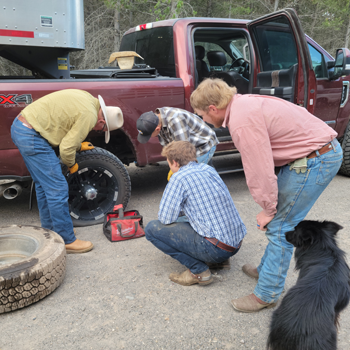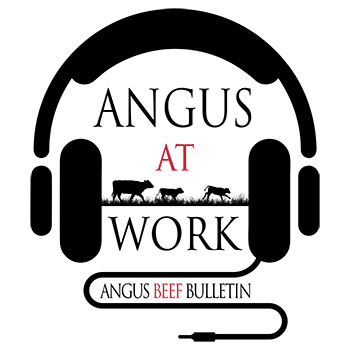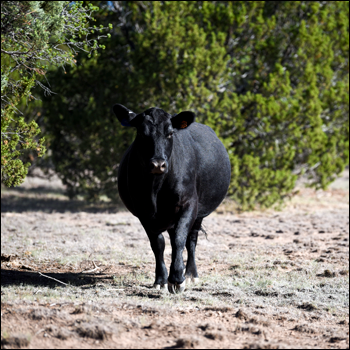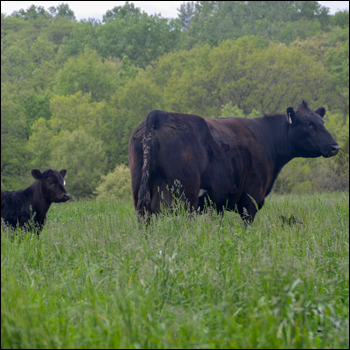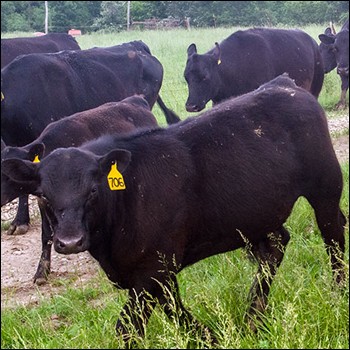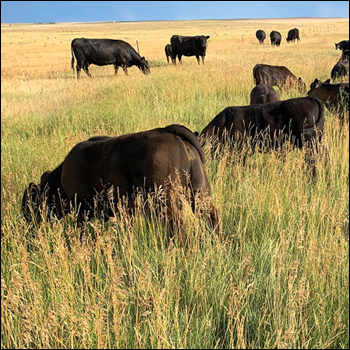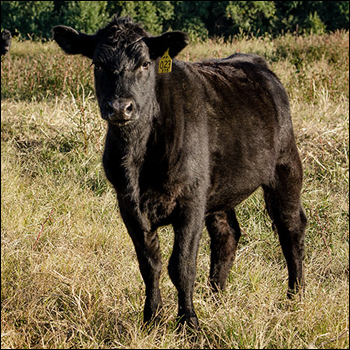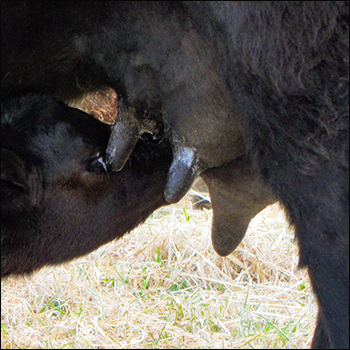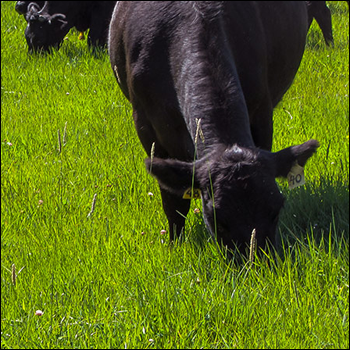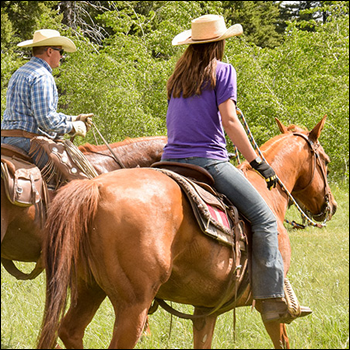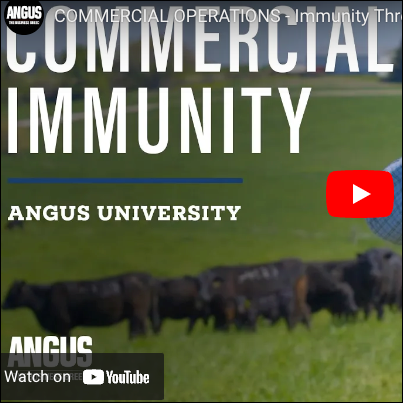
Zinc is a Key Regulator of Sperm Function
Findings have implications for improving fertility outcomes in animals and humans.
Scientists have struggled to fully understand how sperm cells function and why they sometimes fail to fertilize eggs in the female, which has implications for both livestock farmers aiming to maximize food production, as well as human couples struggling with infertility.
In a new study at the University of Missouri (MU), researchers found that zinc ions play a crucial regulatory role in the sperm capacitation process — that series of changes sperm undergo in the female reproductive tract to enable them to fertilize an egg.
Michal Zigo, a research scientist at the MU College of Agriculture, Food and Natural Resources (CAFNR), from the laboratory of Peter Sutovsky, a professor of animal sciences and in the Department of Obstetrics, Gynecology and Women’s Health at the MU School of Medicine, and other collaborators examined zinc-interacting proteins of sperm collected from a fertile male pig at MU’s National Swine Resource and Research Center.
“We found that there were nearly 1,800 proteins in the sperm that were interacting with zinc ions, from which we deduced that zinc must serve as a master regulator of various processes happening within the sperm to facilitate the recognition and binding of the male and female sex cells, which enables fertilization,” says Zigo.
Zinc keeps sperm in the non-capacitated state in which they cannot fertilize a female egg. However, if the zinc is released from the sperm and the capacitation process occurs prematurely during artificial insemination (AI), the sperm cells will burn out and die before reaching the egg, so the process is very delicate and time-sensitive.
Sutovsky says that analyzing zinc levels in the sperm of male pigs can help swine producers make better-informed decisions about which boars would be most useful in the AI process. Boosting each swine litter by just one piglet would increase the income of U.S. pork producers by $130 million per year.
“By analyzing the regulatory role zinc plays in sperm cells, we can potentially learn clues about the brief time window for when sperm might have the best chances of successful fertilization,” Zigo says. “Anything we can do to extend that brief window of opportunity for when sperm can successfully fertilize female eggs can positively impact fertility management for animals and potentially human infertility therapy as well.”
Zinc is a vital nutrient for the human body, as zinc deficiencies can cause malnutrition and developmental defects. However, too much zinc can potentially lead to poisoning.
“This research can help us better understand how zinc deficiencies affect infertility in males,” says Sutovsky. “For artificial insemination in livestock animals, the zinc-rich seminal fluid typically gets diluted beforehand, so our research shows that premature dilution may trigger premature capacitation, which causes the sperm to burn out and die. Therefore, by supplementing liquid zinc back into the sperm, we can potentially optimize the preparation of sperm for artificial insemination and increase successful fertility outcomes for livestock farmers.”
Sutovsky adds that since human nutrition is dependent on food availability, the research can help farmers make more food available, which improves human nutrition and decreases food insecurity around the world.
“Better general health leads to better reproductive health, so by boosting fertility efforts and food security, our research helps the circle of life,” Sutovsky says.
The researchers also found the same proteins involved in biological pathways linked with neurodegenerative diseases, such as Huntington’s disease and Parkinson’s disease, were abundantly populated in the sperm, as well.
“The discovery of this unexpected similarity between the brain and reproductive system was surprising, and by setting these foundations, researchers can further investigate these mechanisms going forward,” Zigo says.
As a result, sperm cells could become a nontraditional model to study and manage neurodegenerative diseases.
“Zinc is a master-regulator of sperm function associated with binding, motility and metabolic modulation during porcine sperm capacitation” was recently published in Communications Biology. Funding for the study was provided by the Animal Reproduction Program of the USDA’s National Institute of Food and Agriculture (NIFA) and the MU CAFNR.
Editor’s note: This article is provided by the MU CAFNR and the MU School of Medicine. Lead illustration from Getty Images.
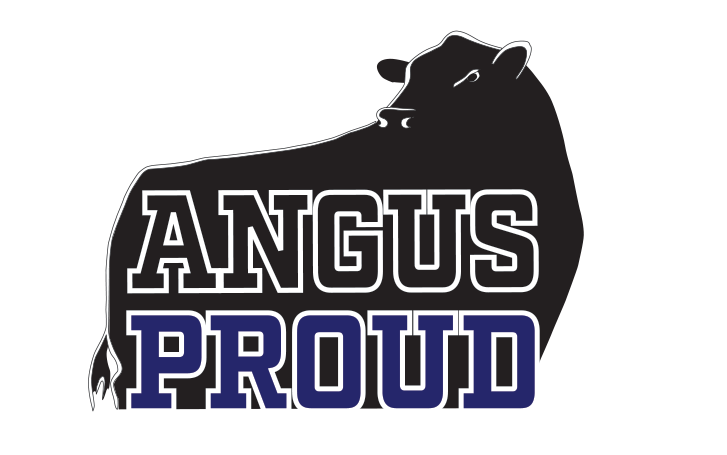
Angus Proud
In this Angus Proud series, Editorial Intern Jessica Wesson provides insights into how producers across the country use Angus genetics in their respective environments.
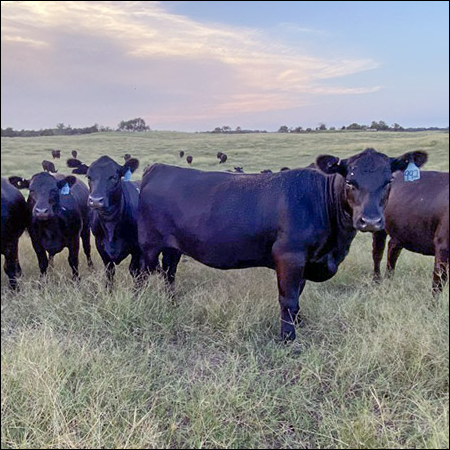 Angus Proud: Scott Sproul
Angus Proud: Scott Sproul
Oklahoma operation learned wisdom of moving calving season to better suit their marketing needs.
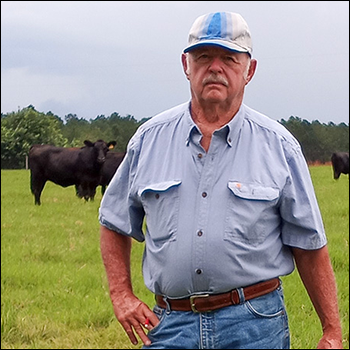 Angus Proud: Bubba Crosby
Angus Proud: Bubba Crosby
Fall-calving Georgia herd uses quality and co-ops to market calves.
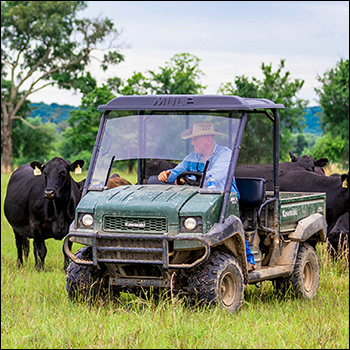 Angus Proud: Jim Moore
Angus Proud: Jim Moore
Arkansas operation retains ownership through feeding and values carcass data.
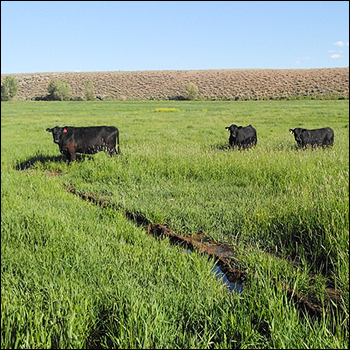 Angus Proud: Stephen Shiner
Angus Proud: Stephen Shiner
Idaho operation rotates pastures in summer and raises crops for winter.
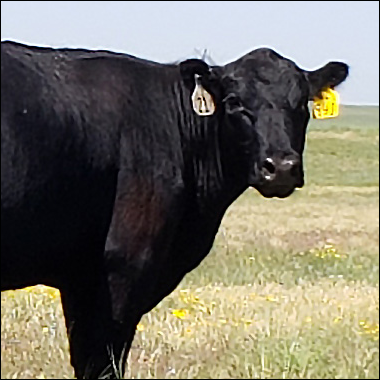 Angus Proud: Brian Nusbaum
Angus Proud: Brian Nusbaum
Angus cattle fit cattleman’s marketing goals and helped him set out on his own.
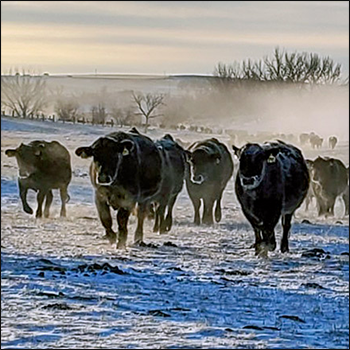 Angus Proud: Les Shaw
Angus Proud: Les Shaw
South Dakota operation manages winter with preparation and bull selection.
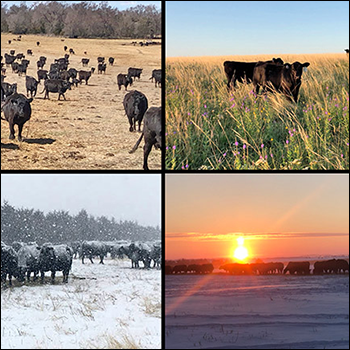 Angus Proud: Jeremy Stevens
Angus Proud: Jeremy Stevens
Nebraska operation is self-sufficient for feedstuffs despite sandy soil.
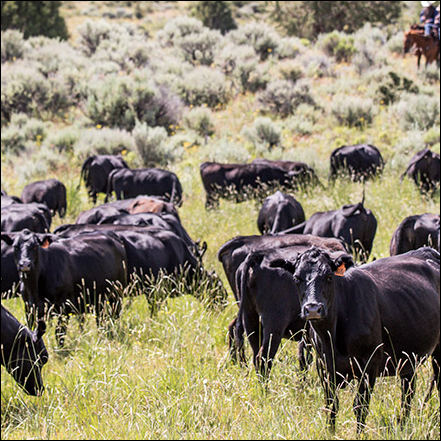 Angus Proud: Dave Rutan
Angus Proud: Dave Rutan
Angus breeder gets the most out of his bull investment by partnering with opposite calving-season operation.
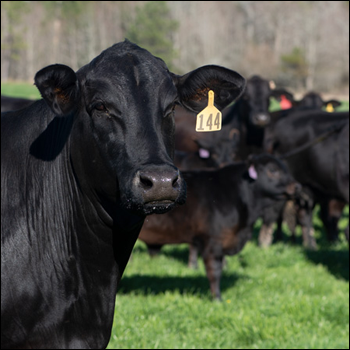 Angus Proud: Nickey Smith
Angus Proud: Nickey Smith
AngusLink helps Louisiana cattleman gain more for his calves.
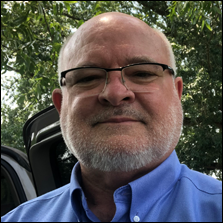 Angus Proud: Mike Moss
Angus Proud: Mike Moss
Operation’s nontraditional start lends to creativity and conservation efforts.
